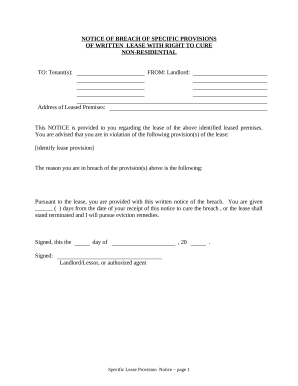
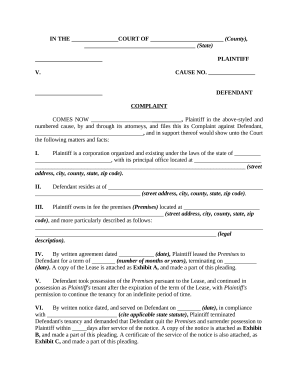
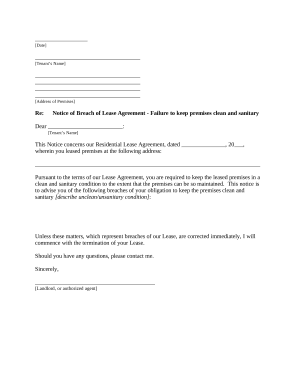




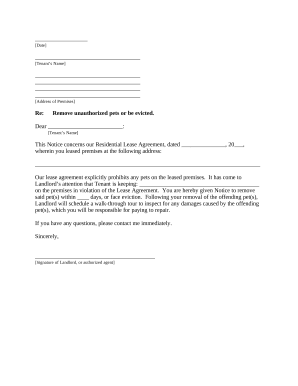
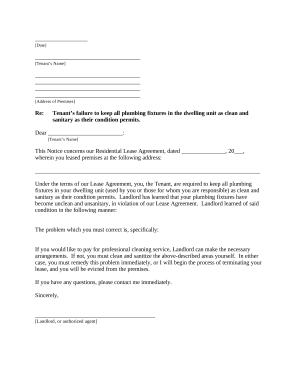

Your workflows always benefit when you are able to locate all the forms and documents you will need at your fingertips. DocHub offers a a huge library of form templates to ease your day-to-day pains. Get hold of Landlord Rights and Duties category and easily discover your document.
Begin working with Landlord Rights and Duties in several clicks:
Enjoy easy record administration with DocHub. Check out our Landlord Rights and Duties collection and discover your form today!